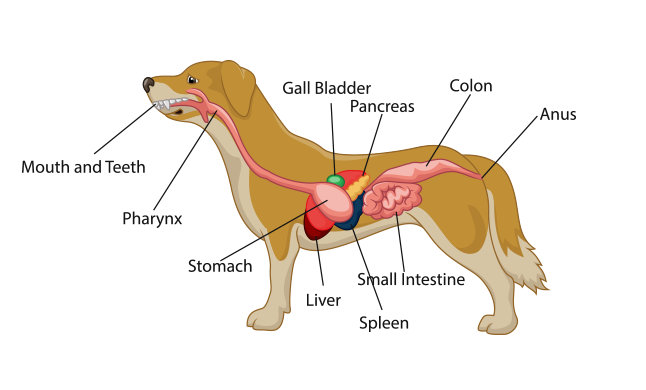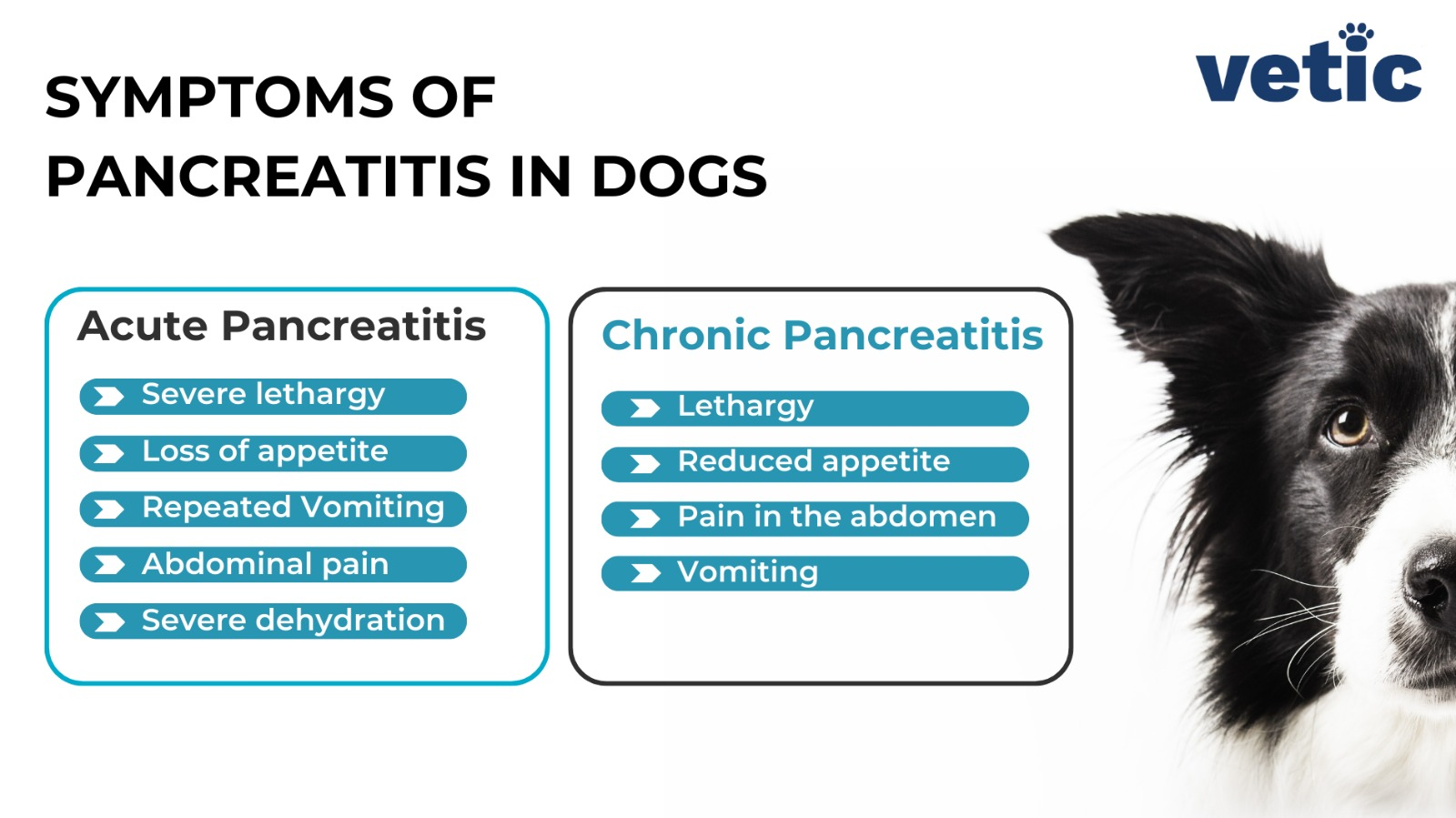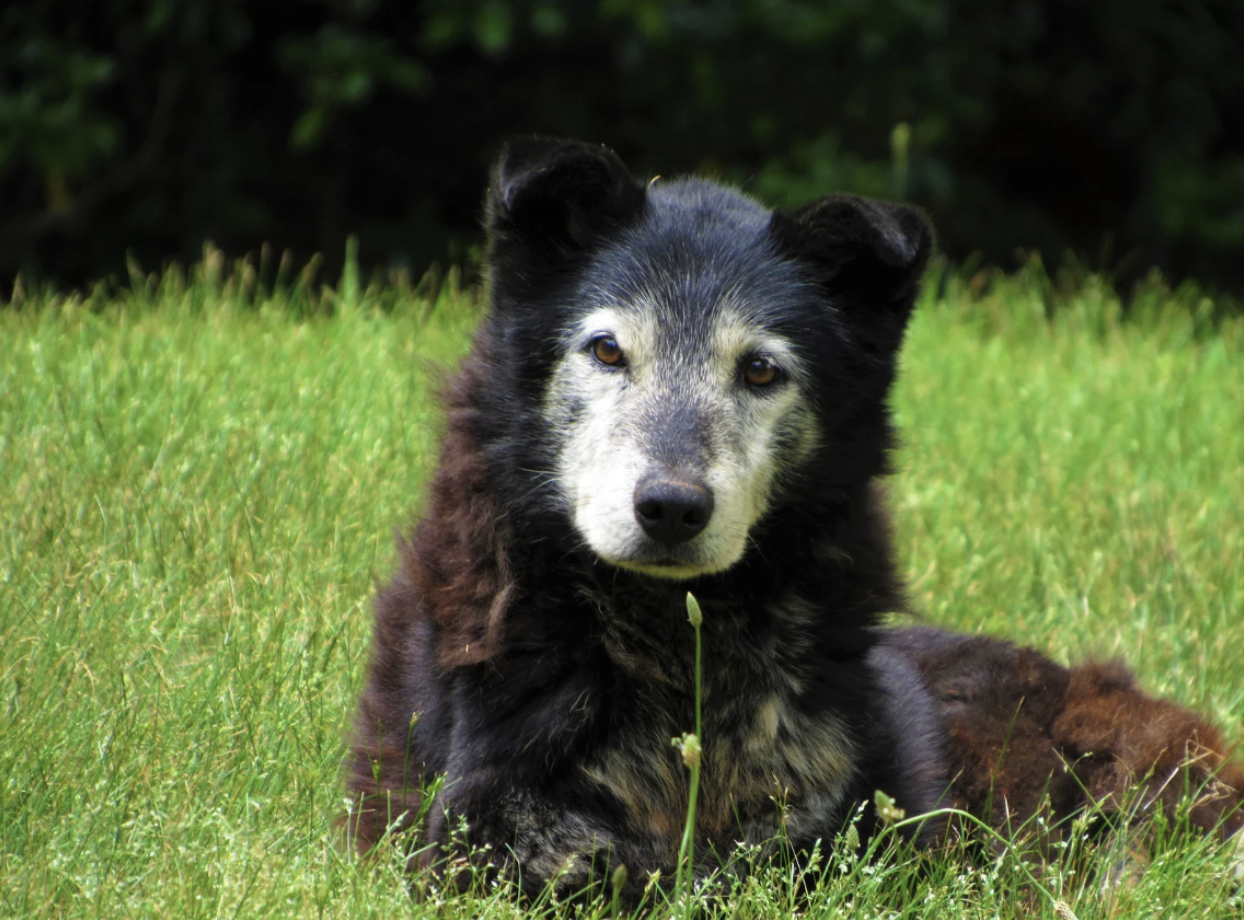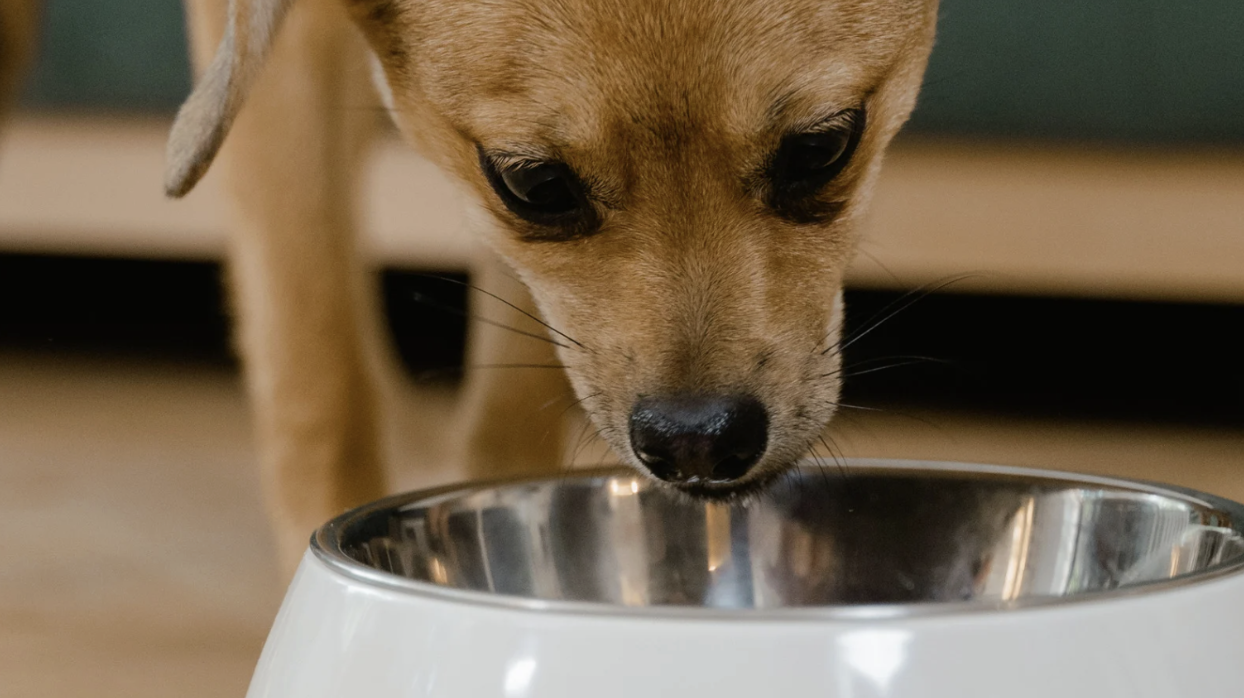


Pancreatitis in dogs is a serious condition that can rapidly become fatal if untreated. In this guide, we cover everything Hong Kong dog parents need to know, including the function of the pancreas, causes of inflammation, and how to detect early signs. Learn the types and long-term effects of pancreatitis, and how to prevent it through science-backed pet nutrition. Fresh pet food, freeze-dried pet food, and pet probiotics can aid in prevention and recovery. Pet food regulations in Hong Kong and personalized options from Petsona offer added protection. Whether you’re dealing with acute symptoms or want to reduce your dog’s risk, this article equips you with the tools to take action.
The pancreas is a small organ located near your dog’s stomach and small intestine. It produces digestive enzymes and insulin, playing a dual role in food breakdown and blood sugar regulation. A healthy pancreas is essential for proper nutrient absorption and energy balance. When inflamed (a condition known as pancreatitis), the pancreas begins to digest itself, leading to pain, organ stress, and potential complications. Maintaining optimal pet nutrition and weight is key to reducing pancreatic stress.

Pancreatitis often occurs due to sudden dietary indiscretions, especially high-fat meals. Even one bite of fried chicken can trigger acute inflammation. Obesity, certain medications, and genetic predisposition (especially in breeds like Miniature Schnauzers) also contribute. Stress, trauma, or underlying conditions like diabetes can further complicate risk. Knowing the triggers and adopting a controlled diet, such as low-fat fresh pet food or freeze-dried options, is crucial to minimizing future episodes.

Pancreatitis comes in two forms, acute (sudden and severe) or chronic (long-term and recurring). Acute pancreatitis requires immediate veterinary care and often hospitalization, while chronic cases may present milder symptoms but lead to lasting organ damage if unmanaged. Chronic pancreatitis is commonly managed through specialized diets and routine health monitoring. Petsona's personalized dog food plans, made using dehydration technology, are formulated to support dogs with sensitive digestive systems.

Signs of pancreatitis vary but commonly include vomiting, abdominal pain (dog may assume a 'prayer position'), loss of appetite, lethargy, and fever. If your dog vomits repeatedly or appears hunched, seek veterinary attention immediately. Delaying treatment by even 24 hours can worsen prognosis. Remember: "Vomiting + abdominal pain = emergency". Timely diagnosis and intervention greatly increase survival and long-term outcome.

Pancreatitis in dogs is a complex but manageable condition when approached with knowledge and care. It stems from a variety of causes, most commonly poor diet and obesity. Early recognition of symptoms and immediate treatment are critical to survival. Long-term prevention is best achieved through tailored nutrition: low-fat, highly digestible fresh or freeze-dried dog food, combined with pet probiotics to support gut health. Petsona, as Hong Kong’s first brand offering personalized dehydrated dog food, provides AAFCO- and FEDIAF-compliant solutions that are delicious, safe, and formulated to help dogs with sensitive digestion live healthier, longer lives.
1. Can pancreatitis in dogs be cured completely?
Acute pancreatitis can be treated successfully with immediate intervention, but dogs who’ve had it once are at higher risk of recurrence. Chronic pancreatitis requires lifelong dietary management and regular vet check-ups. With proper care and personalized nutrition like Petsona’s low-fat dehydrated meals, dogs can enjoy a high quality of life post-diagnosis.
2. What food is best for dogs with pancreatitis?
Low-fat, easily digestible food is crucial. Fresh pet food and freeze-dried meals, especially those free of artificial fats and fillers,are ideal. Petsona’s formulas meet US and EU safety standards, retain 90% nutritional value, and are designed for sensitive stomachs, making them an excellent choice for dogs with pancreatitis.


